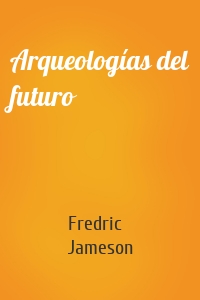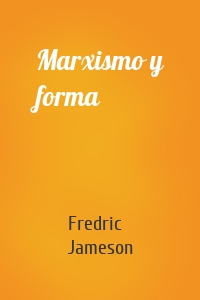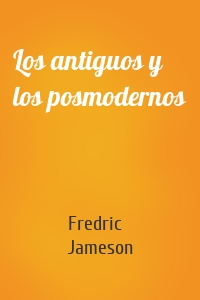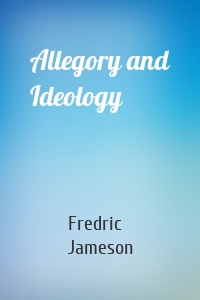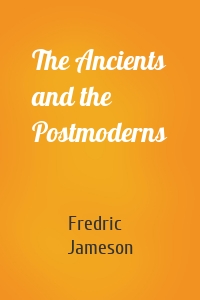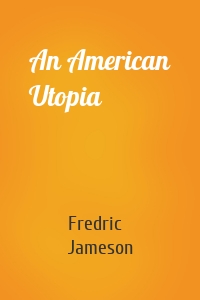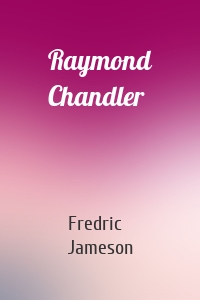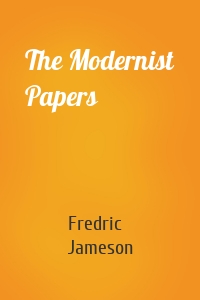Fredric Jameson
8 кн.
Allegory and Ideology
Fredric Jameson takes on the allegorical form Works do not have meanings, they soak up meanings: a work is a machine for libidinal investments (including the political kind). It is a process that sorts incommensurabilities and registers contradictions (which is not the same as solving them!) The inevitable and welcome conflict of interpretations – a discursive, ideological struggle – therefore needs to be supplemented by an account of this simultaneous processing of multiple meanings, rather...
| Автор | Fredric Jameson |
The Ancients and the Postmoderns
Fredric Jameson sweeps from the Renaissance to The Wire High modernism is now as far from us as antiquity was for the Renaissance. Such is the premise of Fredric Jameson’s major new work in which modernist works, this time in painting (Rubens) and music (Wagner and Mahler), are pitted against late-modernist ones (in film) as well as a variety of postmodern experiments (from SF to The Wire, from “Eurotrash” in opera to Altman and East German literature): all of which attempt, in their different...
| Автор | Fredric Jameson |
An American Utopia
Controversial manifesto by acclaimed cultural theorist debated by leading writers Fredric Jameson’s pathbreaking essay “An American Utopia” radically questions standard leftist notions of what constitutes an emancipated society. Advocated here are—among other things—universal conscription, the full acknowledgment of envy and resentment as a fundamental challenge to any communist society, and the acceptance that the division between work and leisure cannot be overcome. To create a new world, we...
| Автор | Fredric Jameson |
Raymond Chandler
The master of literary theory takes on the master of the detective novel Raymond Chandler, a dazzling stylist and portrayer of American life, holds a unique place in literary history, straddling both pulp fiction and modernism. With The Big Sleep, published in 1939, he left an indelible imprint on the detective novel. Fredric Jameson offers an interpretation of Chandler’s work based on reconstructing both the context in which it was written and the social world or totality it projects....
| Автор | Fredric Jameson |
The Modernist Papers
A new perspective on Proust, Joyce, Kafka and others from a master of literary theory Cultural critic Fredric Jameson, renowned for his incisive studies of the passage of modernism to postmodernism, returns to the movement that dramatically broke with all tradition in search of progress for the first time since his acclaimed A Singular Modernity. The Modernist Papers is a tour de force of analysis and criticism, in which Jameson brings his dynamic and acute thought to bear on the modernist...
| Автор | Fredric Jameson |


